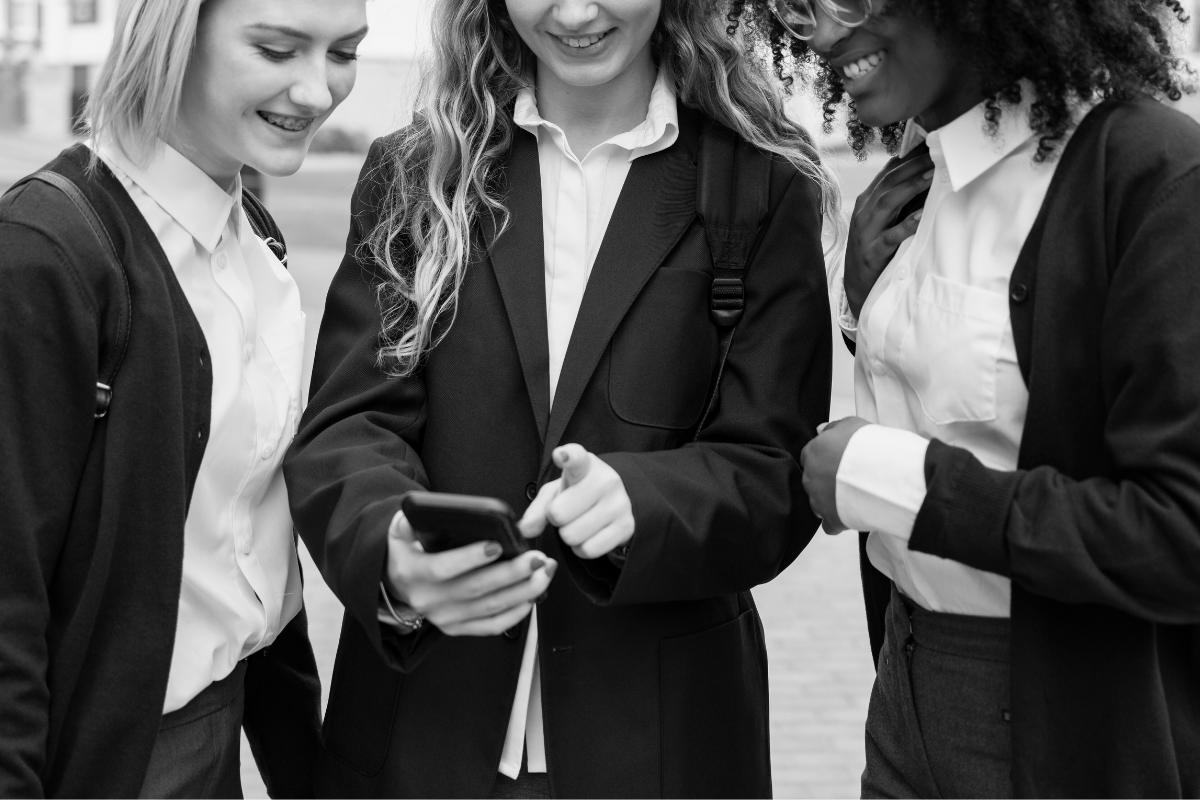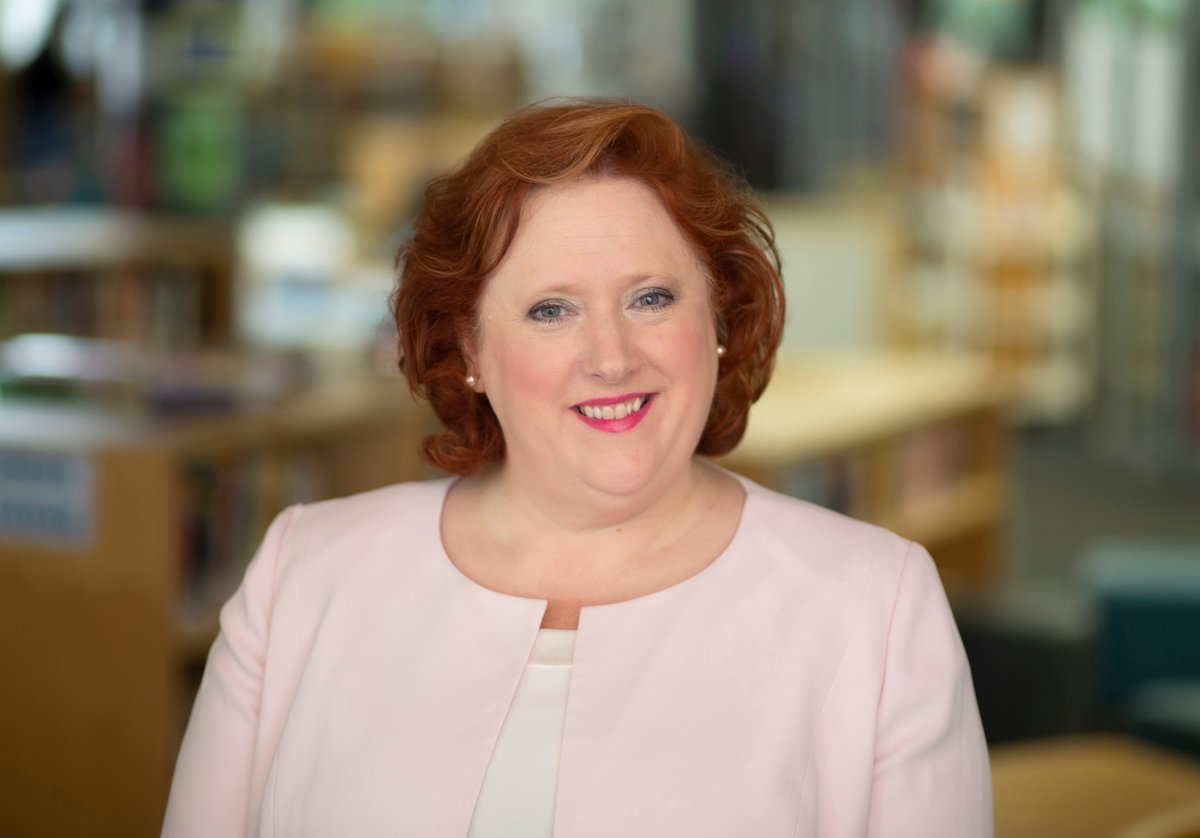
There's a moment at every school assembly when you look out across a sea of blazers and ponytails and think: some things never change. Girls whispering to each other, fiddling with their uniforms, rolling their eyes when a teacher reminds them to tuck in their shirts.
Some things never change. But many, as it turns out, do. The world these girls are growing up in is unrecognisable from the one many of us remember.
Social media is in their pockets before they even hit high school. Conversations about consent, gender equality, and body image happen in classrooms as often as maths equations do. And while the pressures of growing up have always been there, the way we talk about them, and the way we prepare girls to face them, has shifted completely.
"There's no such thing now as a typical year group," said Lorna Beegan, Principal of Strathcona Girls Grammar told Mamamia, who has been working in education for more than 25 years.
Watch: What type of school parent are you? Post continues after video.
The COVID pandemic in particular disrupted the usual rites of passage we took for granted. Some girls missed kindergarten altogether. Others didn't get to walk across the stage for their year six graduation or start high school in the usual way.





























































































